1993 Mikasa English Countryside Coffee Mug: 30,900 ppm Lead. 90 is unsafe in items intended for use by kids.
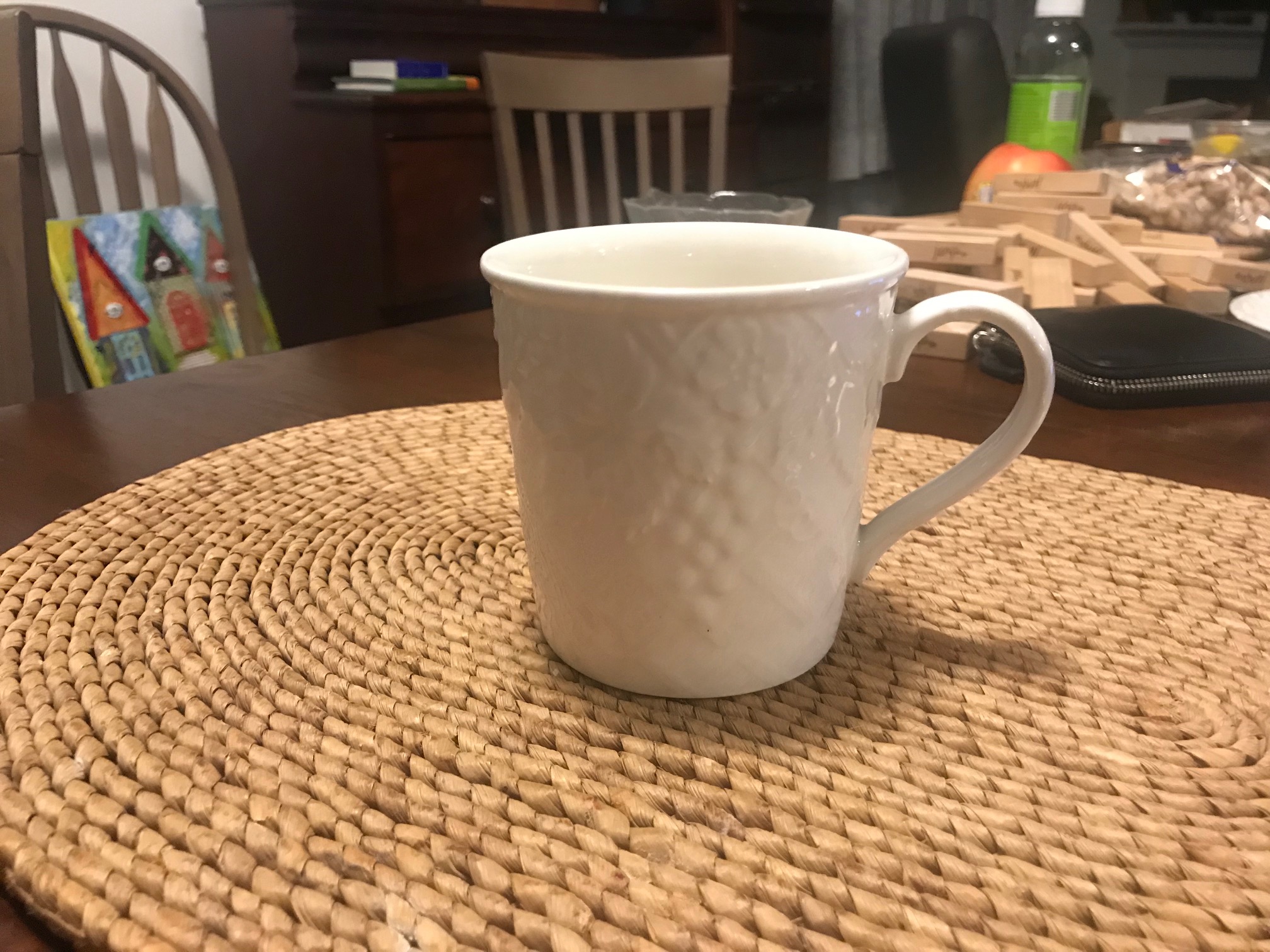
Exact XRF Readings For This Dish
When tested with an XRF instrument, this “White DP900” Mikasa English Countryside Coffee Mug from 1993 (purchased at a Mikasa outlet store in the state of Maine; Made in Japan) had the following readings:
Mug outside
- Lead (Pb): 30,900 +/- 800 ppm
- Zinc (Zn): 1,336 +/- 88 ppm
- Copper (Cu): 90 +/- 44 ppm
- Iron (Fe): 1,385 +/- 205 ppm
- Vanadium (V): 92 +/- 33 ppm
- Titanium (Ti): 305 +/- 58 ppm
- Zirconium (Zr): 2,536 +/- 94 ppm
Mug inside
- Lead (Pb): 24,700 +/- 600 ppm
- Zinc (Zn): 1,202 +/- 81 ppm
- Copper (Cu): 91 +/- 41 ppm
- Iron (Fe): 1,274 +/- 193 ppm
- Vanadium (V): 76 +/- 28 ppm
- Titanium (Ti): 255 +/- 49 ppm
- Zirconium (Zr): 1,967 +/- 70 ppm
Why is this especially alarming?
Is this reading accurate?
All readings on this website have been done for a minimum of 60 seconds per reading (unless otherwise stated), and are replicable, science-based and accurate. Tests are repeated multiple times to confirm the results. Testing is done with an XRF instrument specifically designed for testing for Lead in consumer goods (the same instrumentation used by the United States Consumer Product Safety Commission for testing for heavy metals in consumer goods made for use by children.)
Is this a lot of Lead?
This is a lot of Lead – especially in light of the fact that modern dishes can be easily and inexpensively made with Lead-free substrates and glazes; there is no defensible reason for using one of the most potent neurotoxins known to man in the surface coating of a food-use product intended for every day use (3X a day – with every meal).
For context: the amount of Lead considered unsafe (and illegal) in items intended for use by children made today (2019) is anything 90 ppm Lead or higher in the paint, glaze or coating, and anything 100 ppm or higher in the substrate (the base clay of ceramic plates, for example).
Dishware is exempt from these regulatory standards, because (for some inexplicable reason), it is not considered to be “an item intended for use by children”, and therefore does not have any limit for total Lead content [as detectable with an XRF instrument]; this incredible lack of any regulatory limit for [XRF-detectable] Lead content applies to both vintage and new dishware.
Is Mikasa generally a problem?
In my decade-plus of experience testing consumer goods, most Mikasa of this vintage tests positive for very high levels of Lead. Given the amount of Lead, and the age of these dishes, I do not consider this china safe to eat off of. While they may have been leach-tested at the time of manufacture, and determined to be “safe” — i.e. fell within relevant regulatory standards (solely time-of-manufacture leach-testing) at that time, I have no confidence that they are not leaching now — after 20+ years of regular daily use (in use potentially multiple times in a day; years of being subjected to acidic beverages, high heat, detergents; mechanized and hand scrubbing, drying, clanking about in dishwashers, sinks and cupboards, and other surface abrasion, etc.).
To read more about the concern for Lead in vintage dishware and pottery, click here.
To see more pieces I have tested from Mikasa, click here.
As always, thank you for reading and for sharing my posts.
Please let me know if you have any questions.
Tamara Rubin
#LeadSafeMama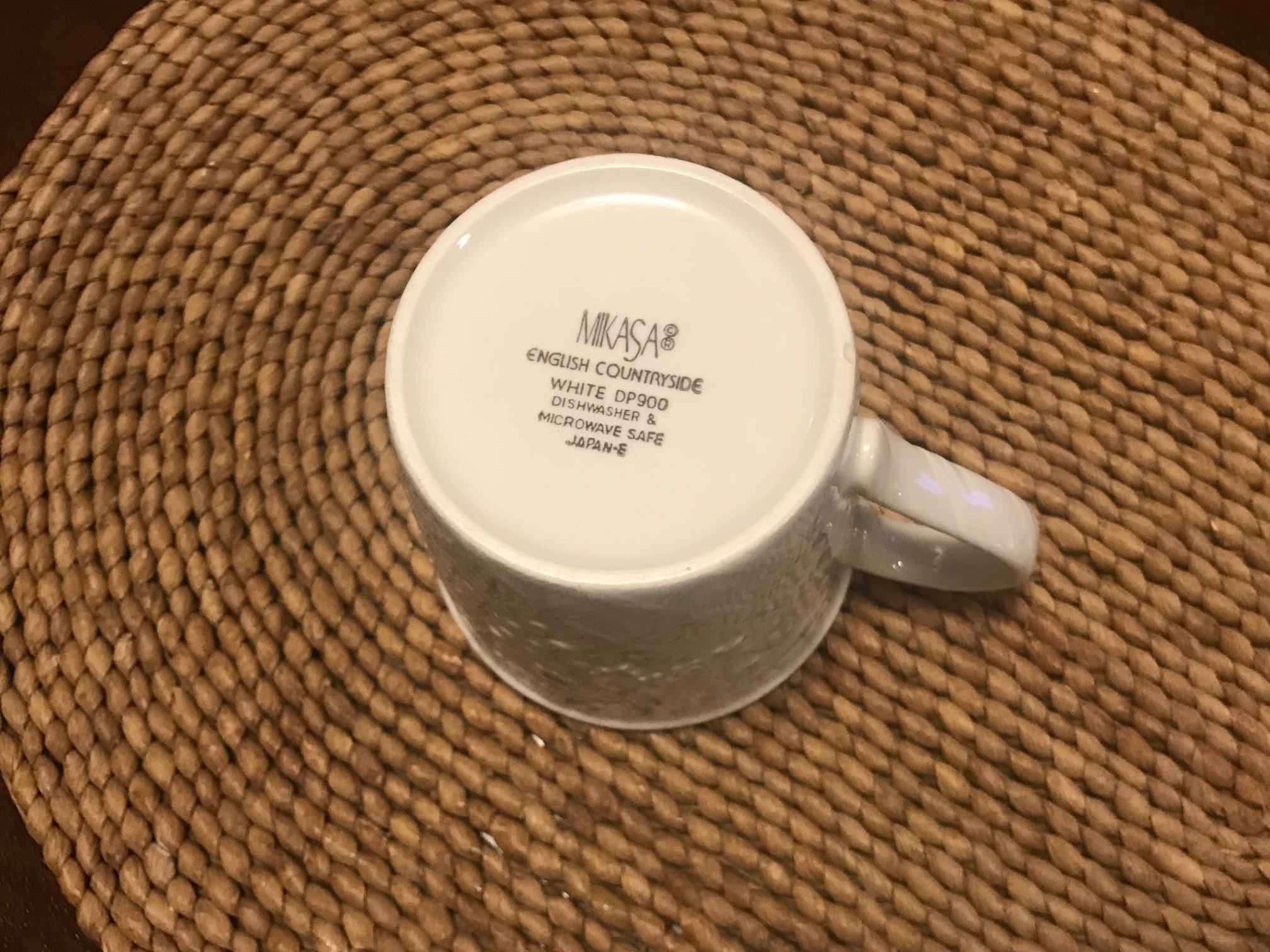
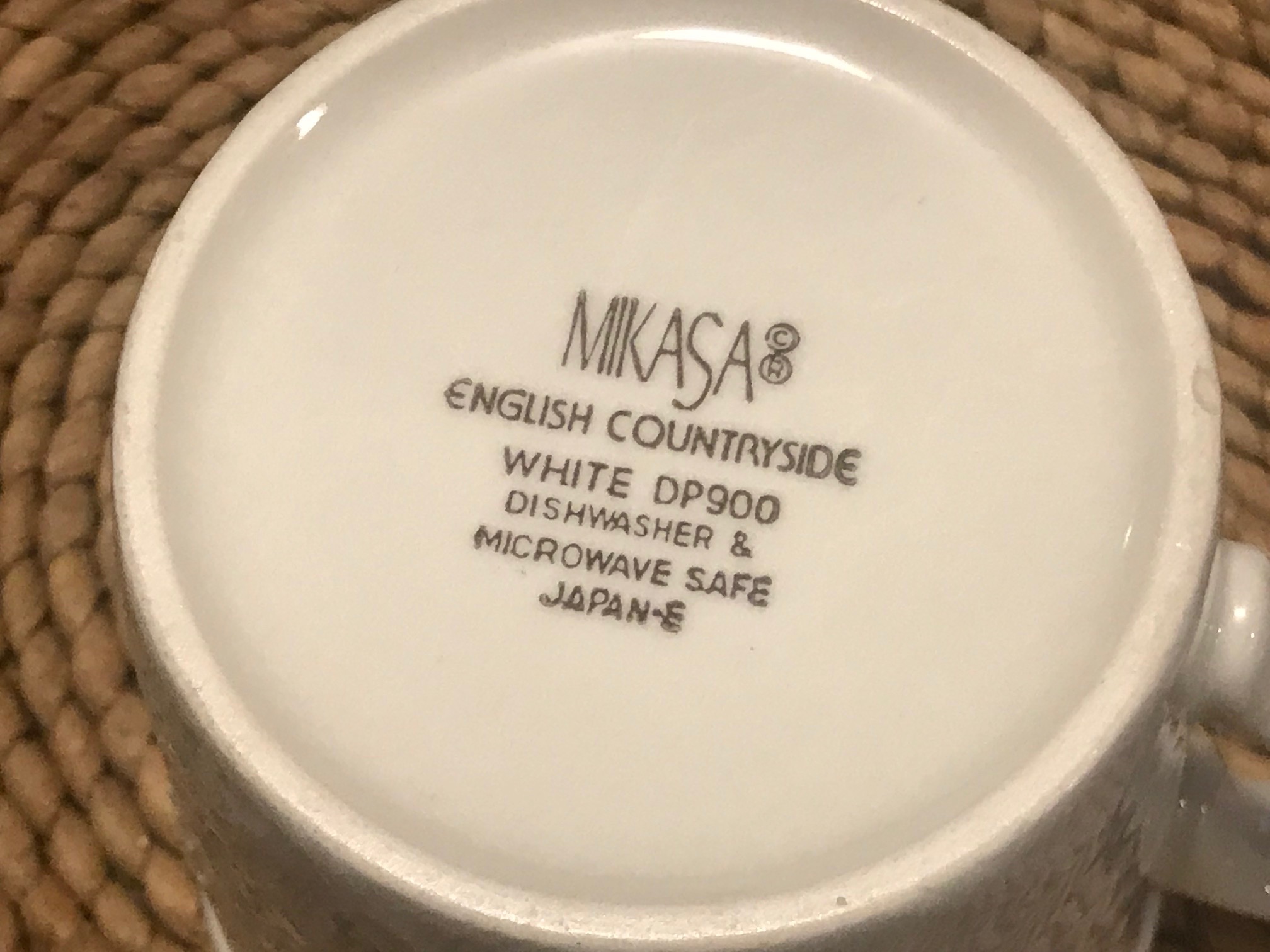
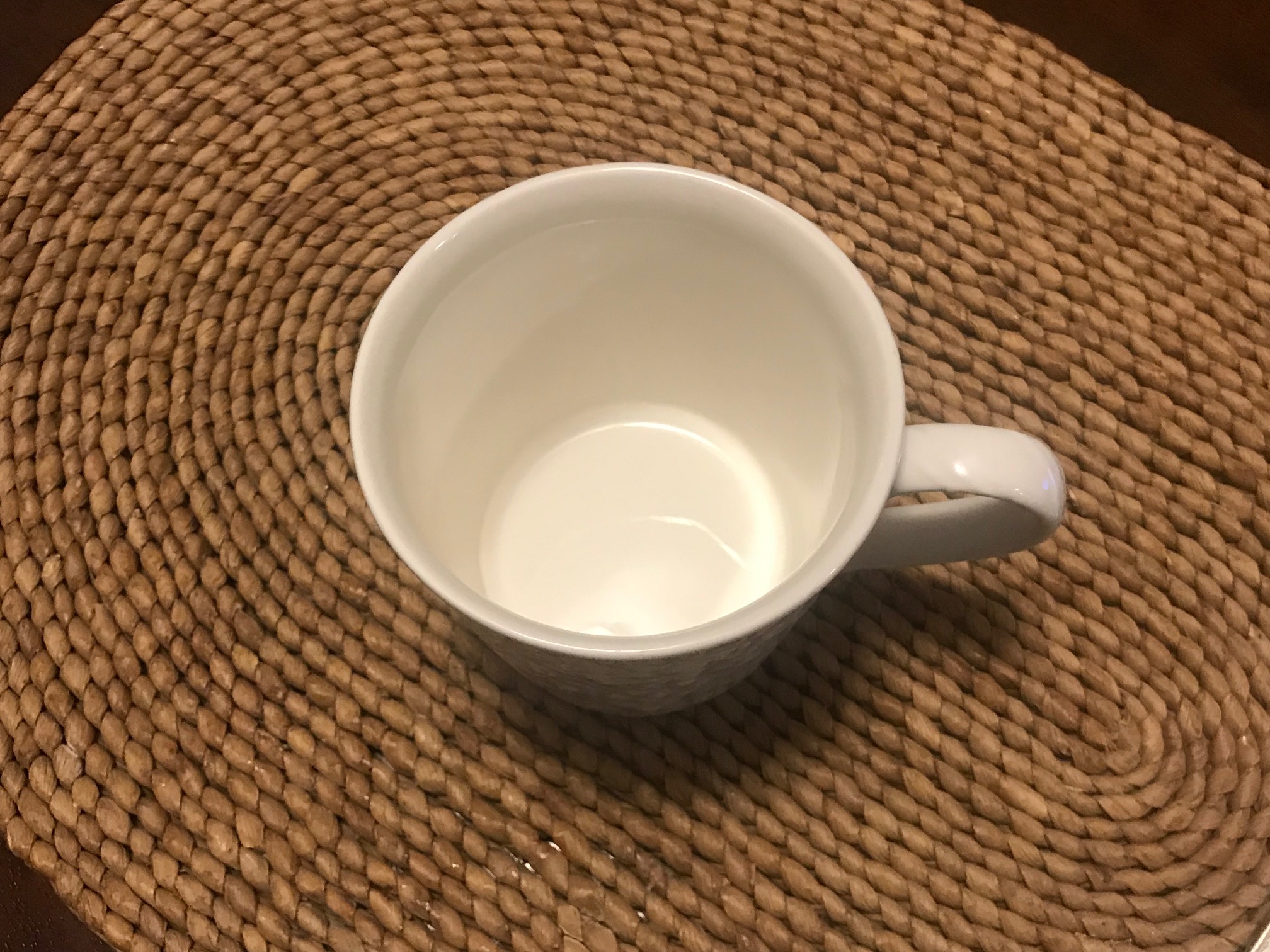
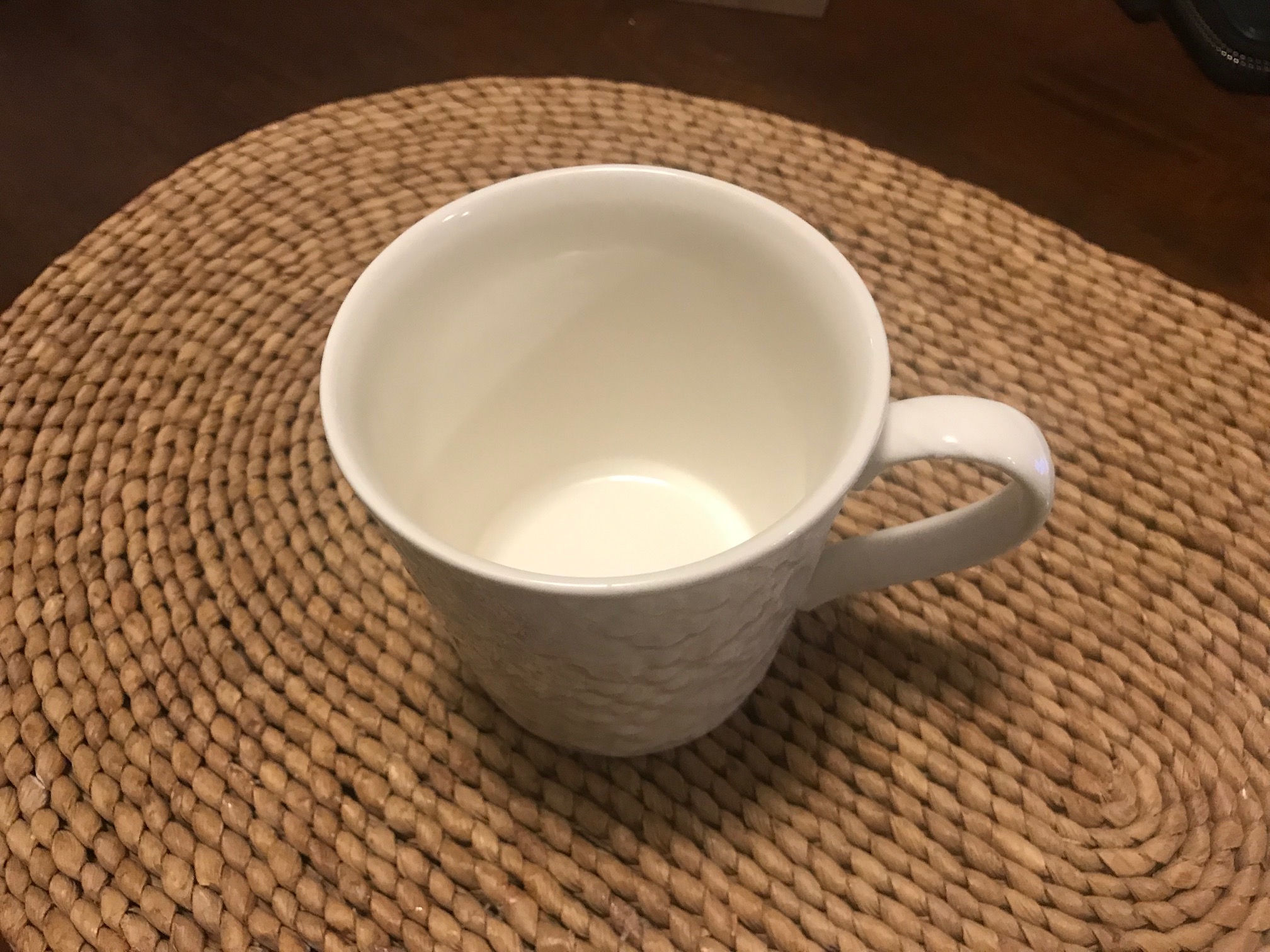
Never Miss an Important Article Again!
Join our Email List



Do you have any tests done on the new French countryside cups? I have been looking at them.
Thanks